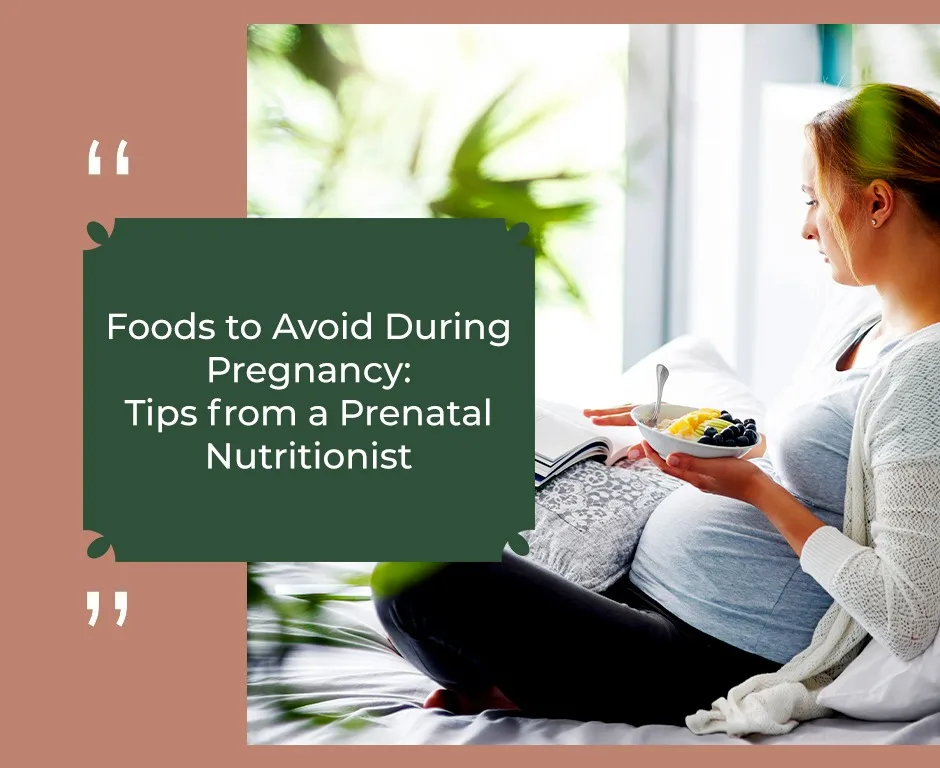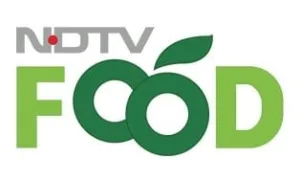Introduction
The journey of motherhood starts with pregnancy, and it’s crucial to make the right choices from the beginning. One such vital step is meeting your nutritional requirements, which means increasing the intake of certain food groups while avoiding others. In this blog, we will discuss a list of foods which pregnancy dietician often advise to avoid to ensure a safe pregnancy.
Key Foods to Avoid During Pregnancy
1. Unpasteurised Dairy Products: Unpasteurised dairy contains harmful bacteria that pose risks to both mother and baby. To avoid these risks, a pregnancy nutritionist may advise you to consume only pasteurised dairy products or switch to alternatives.
2. Mercury-Rich Seafood: Certain seafood is high in mercury, which can be detrimental during pregnancy. However, not all seafood is unsafe. You can opt for low-mercury options like salmon, mullet, pollock, and clams. Consult a prenatal nutritionist to find out safe options within this food group.
3. Caffeine: Excessive coffee consumption is linked with risks such as miscarriage and low birth weight. Pregnancy dieticians recommend limiting caffeine intake to 200 mg a day.
4. Alcohol: Alcohol should be avoided completely, as there is no safe amount during pregnancy. Alcohol consumption is linked to developmental issues that can have lifelong impacts on the baby. If you find it difficult to abstain, visit a prenatal nutritionist for support in finding healthier coping strategies.
5. Processed and Junk Foods: These foods are high in sugar, sodium, and unhealthy fats. They can lead to excessive weight gain and make labour difficult. Consulting a prenatal nutritionist can help you plan your diet effectively and make healthier choices.
6. Herbal Teas and Supplements: It is advised to check with a prenatal nutritionist which herbal teas and supplements are safe during pregnancy. They can suggest alternatives that would be more appropriate, avoiding any potential side effects.
A Few Steps You Can Take for Safe Eating
1. Read Labels Carefully: Be vigilant about ingredient lists and nutritional labels to avoid any harmful ingredients. A prenatal nutritionist can assist you in understanding labels and identifying alternate names that may be used, helping you make safer choices.
2. Adopt Proper Food Safety Practices: Implement food safety measures such as washing fruits and vegetables thoroughly, boiling milk before consumption, maintaining clean storage spaces, and storing food at proper temperatures. These actions ensure the food you consume is safe.
3. Handle food items correctly: Consult a dietitian for pregnancy to learn more in detail about how to handle different foods. This is crucial as the process may differ from one food to another. How you handle the cleaning, storage and preparation of the foods can impact the nutritional value.
Why Should You Visit a Prenatal Nutritionist?
The above tips are research-backed factual advice but do not take into account your personal preferences. Lifestyle changes during pregnancy can vary greatly, so it is advised to consult a dietician for pregnancy to ensure both the baby and you are well taken care of.
ConclusionNavigating dietary requirements at various stages of pregnancy can be a challenging task. Do not worry about not knowing it all or being confused by the plethora of advice available. Book an appointment with a prenatal nutritionist today by visiting https://dieticianricha.com or calling 9082408546.






